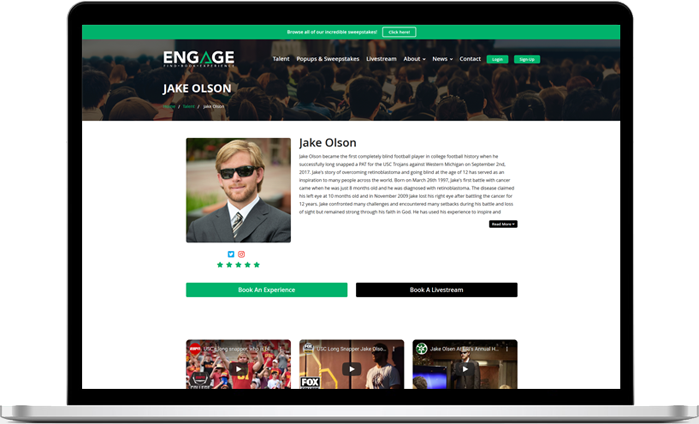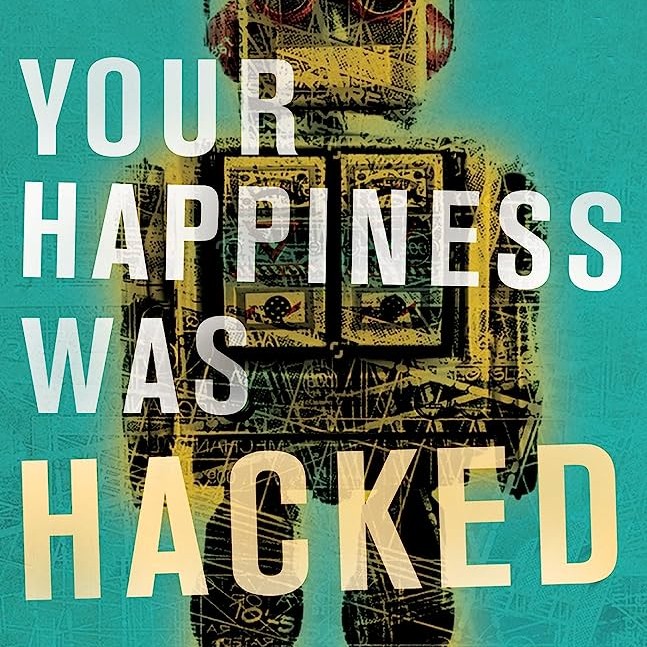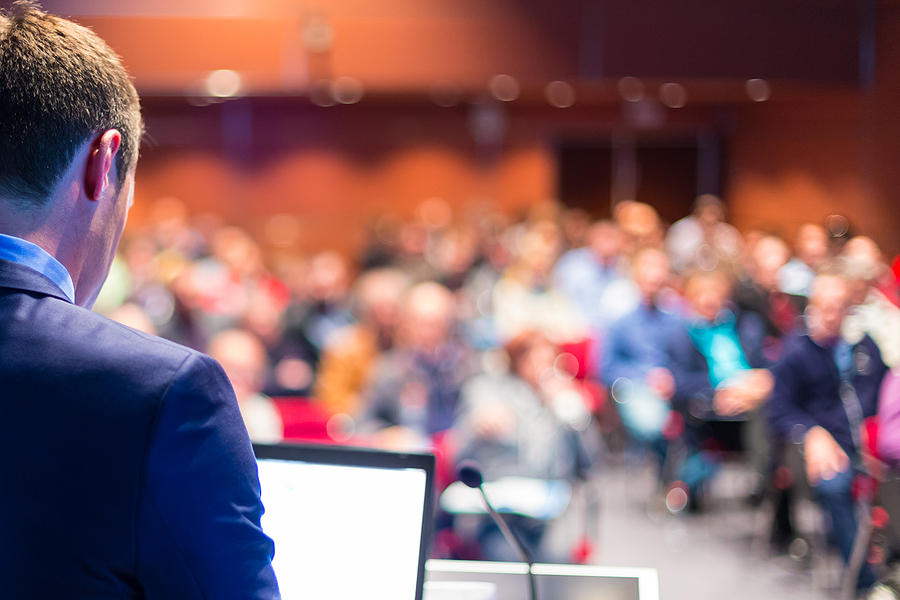Alex Salkever is a leading expert in exploring the intersection of technology, business, and society, with over two decades of experience covering cutting-edge advancements in a wide assortment of fields such as AI (and ChatGPT), green energy, genetic engineering, cloud computing, virtual reality, and self-driving cars. As a former editor of BusinessWeek and an award-winning author, Alex has a unique perspective on how technology impacts our lives and well-being. Based in the heart of Silicon Valley, Alex has firsthand access to emerging technologies at the forefront of development and adoption. He regularly engages with researchers and innovators working on over-the-horizon ideas that will shape the future.
Alex is the author of several influential books, including "The Driver in the Driverless Car: How Our Technology Choices Will Create the Future," which was long-listed for the McKinsey/Financial Times Business Book of the Year award, and "The Immigrant Exodus," named one of The Economist's "Business Books of the Year." He also wrote "Your Happiness Was Hacked: Why Tech Is Winning the Battle to Control Your Brain--and How to Fight Back." Alex has held senior technology executive positions at multiple Silicon Valley companies, ranging from startups to tech giants.
As a respected thought leader, Alex contributes articles to leading publications such as Fortune, Marketwatch, CNBC, and Foreign Affairs and is a sought-after speaker on the future of technology and its implications for society.




























































